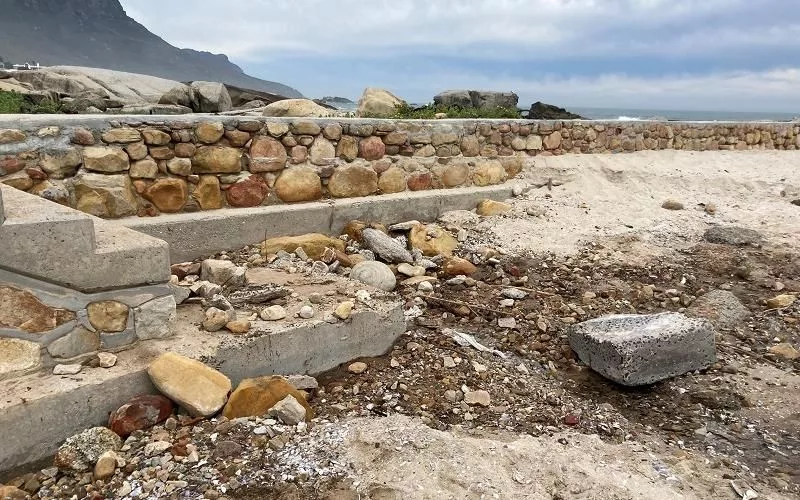The Camps Bay tidal pool in Cape Town is set to undergo an essential restoration project from 23 October 2023. The initiative aims to repair the damage caused by a recent storm, including beach levelling and removing a sandbank. The restoration process may result in diminished water levels for a day or two while the pool refills, but the City is committed to completing the project within a week. The restoration of the tidal pool symbolizes the resilience of the natural environment and the community that values it.
When will the Camps Bay tidal pool restoration project commence?
The restoration project for the Camps Bay tidal pool will start on Monday, 23 October 2023. The City’s Coastal Management branch aims to level the beach and remove the sand bank created by the recent storm. The restoration process will involve mechanical procedures to restore the beach, requiring the water level to be lowered, leading to diminished water levels during the process. The pool will take a day or two to refill to its full capacity following the restoration, depending on the tides and swell size.
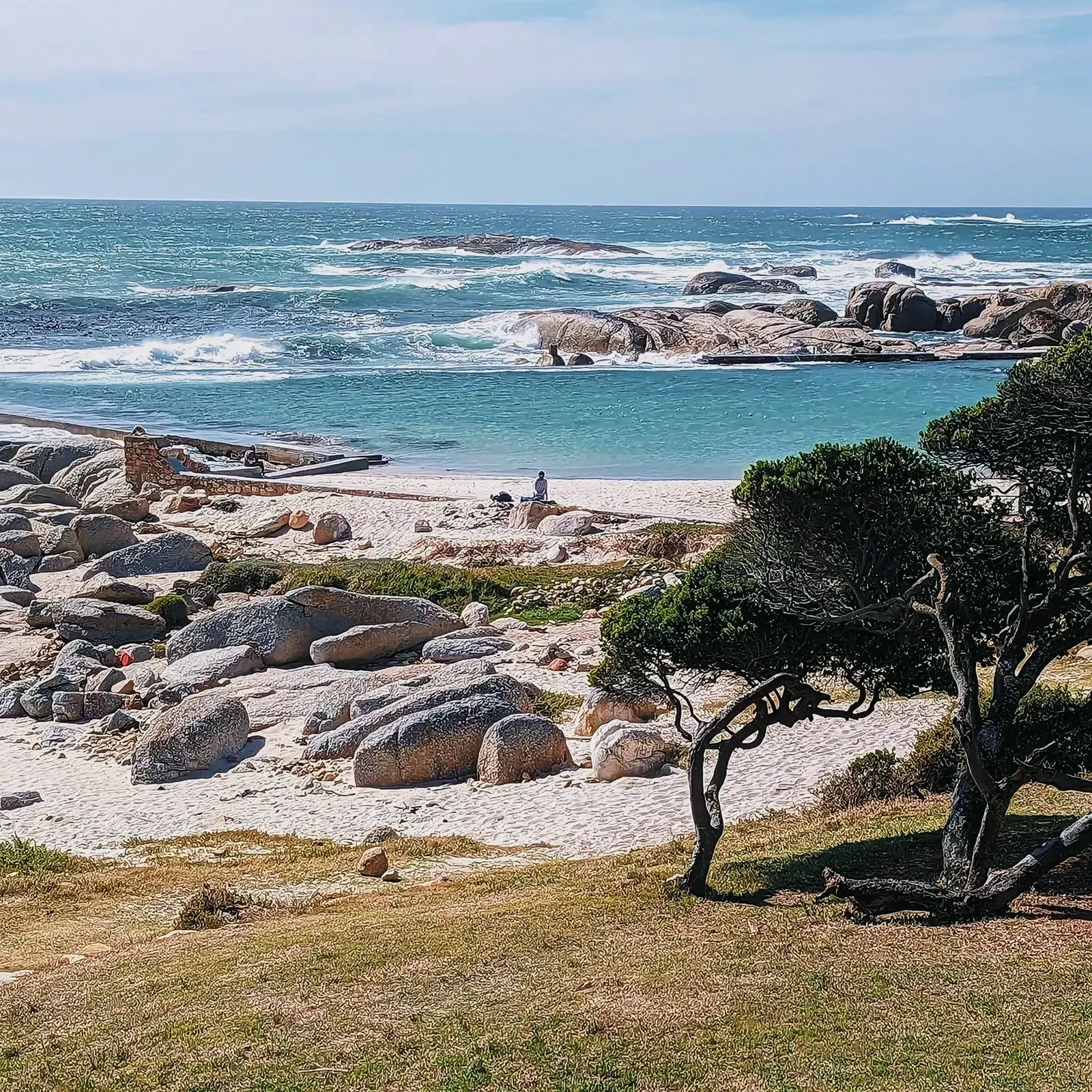


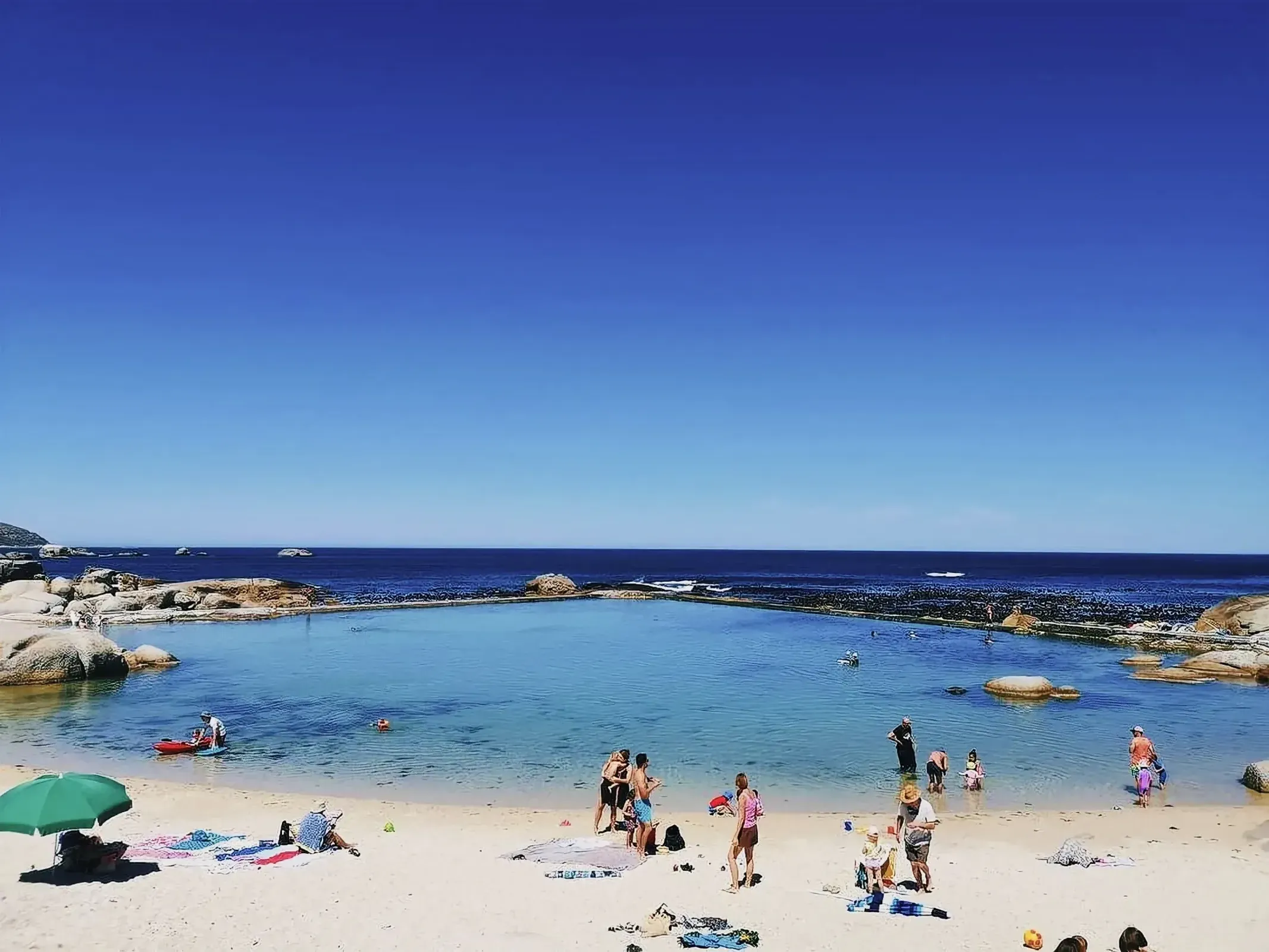
A Time for Renewal in Camps Bay
The picturesque Camps Bay tidal pool, loved by locals and tourists alike, is slated for an essential restoration project commencing on Monday, 23 October 2023. The City’s Coastal Management branch has publicized the forthcoming work, which aims to level the beach and eliminate the sand bank created by the recent storm. This initiative intends to recover the pool’s practical use and visual appeal while addressing the impacts of future weather occurrences.
Nestled along Cape Town’s magnificent coastline, Camps Bay tidal pool has long been a sought-after spot for both residents and visitors. The pristine waters and mesmerizing marine life provide a peaceful respite from city life. However, the recent storm has left the beach in a precarious condition, with substantial erosion and an intrusive sandbank impairing the pool’s accessibility.
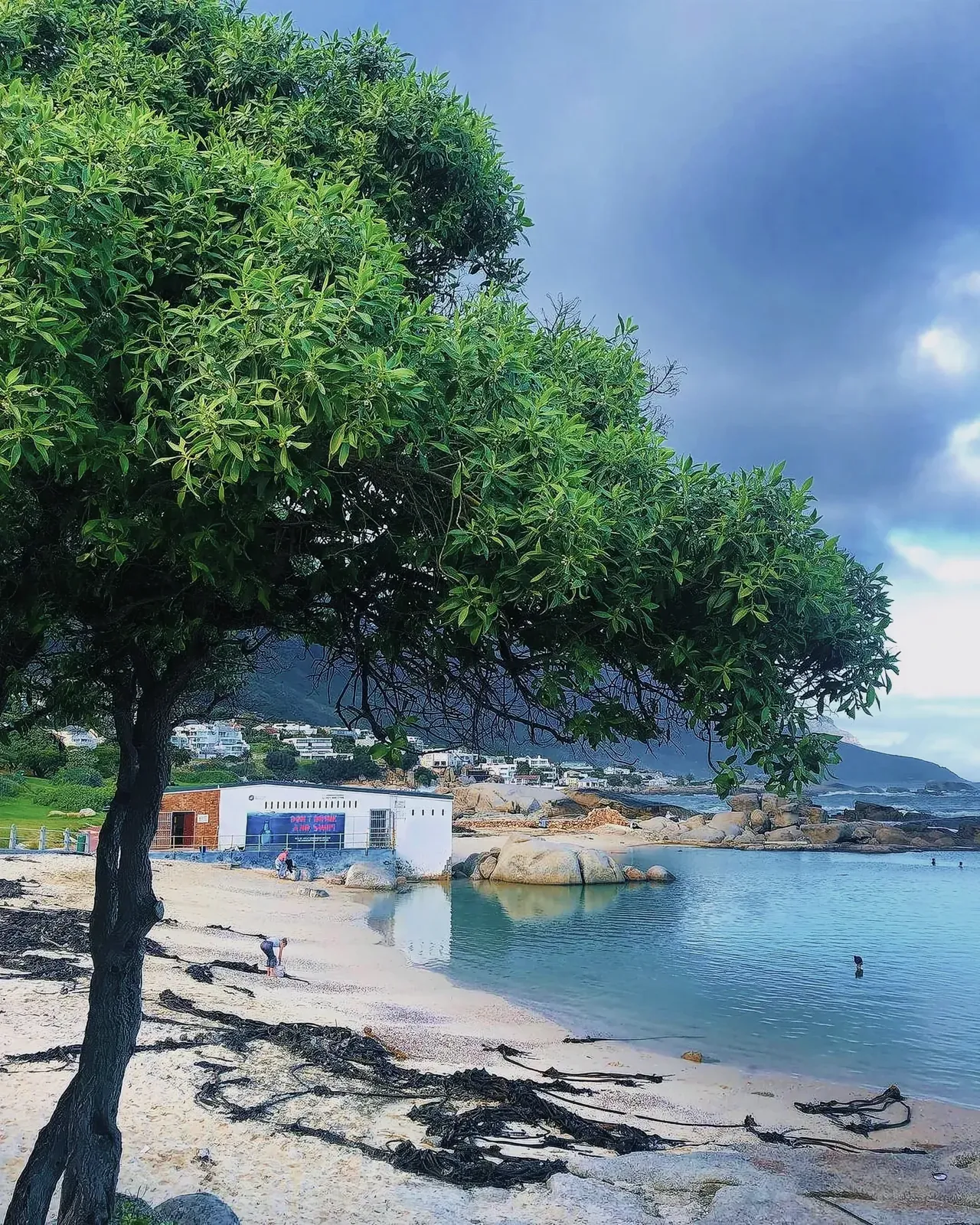



The consequences of the storm extended beyond the tidal pool, as the nearby river also endured significant flooding. This event resulted in the loss of a large portion of the pool’s northern section. In the storm’s wake, a massive sand bank emerged in the nearshore area, leading to limited swimming space and a diminished experience for guests.
A Swift and Effective Restoration Process
In response to these challenges, the City is committed to a rapid and proficient restoration undertaking. Alderman Eddie Andrews, the City’s Deputy Mayor and Mayoral Committee Member for Spatial Planning and Environment, maintains that the necessary work at Camps Bay tidal pool will be finalized within a week. He courteously requests visitors and frequent users to explore alternative facilities during this time to facilitate a seamless and uninterrupted operation.

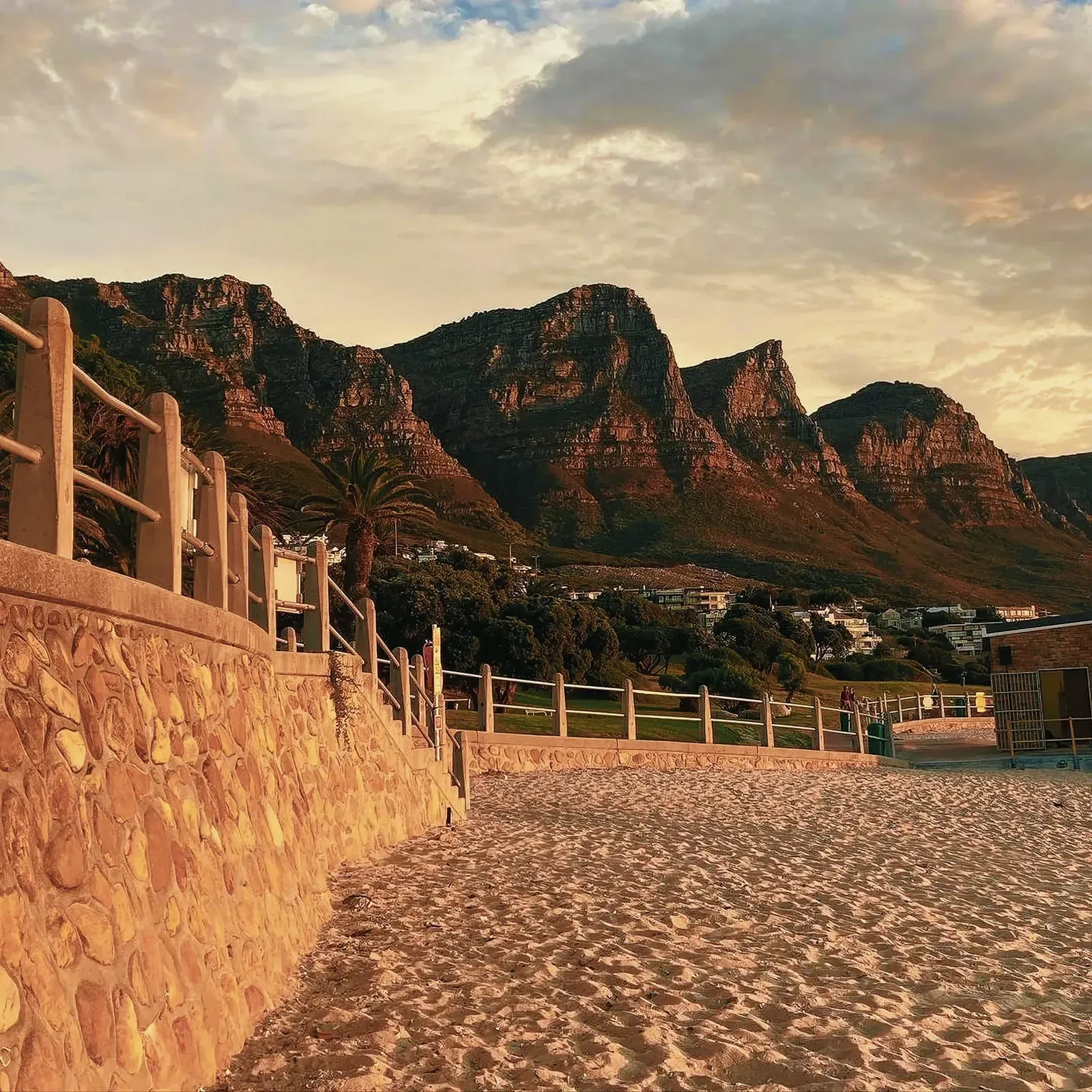

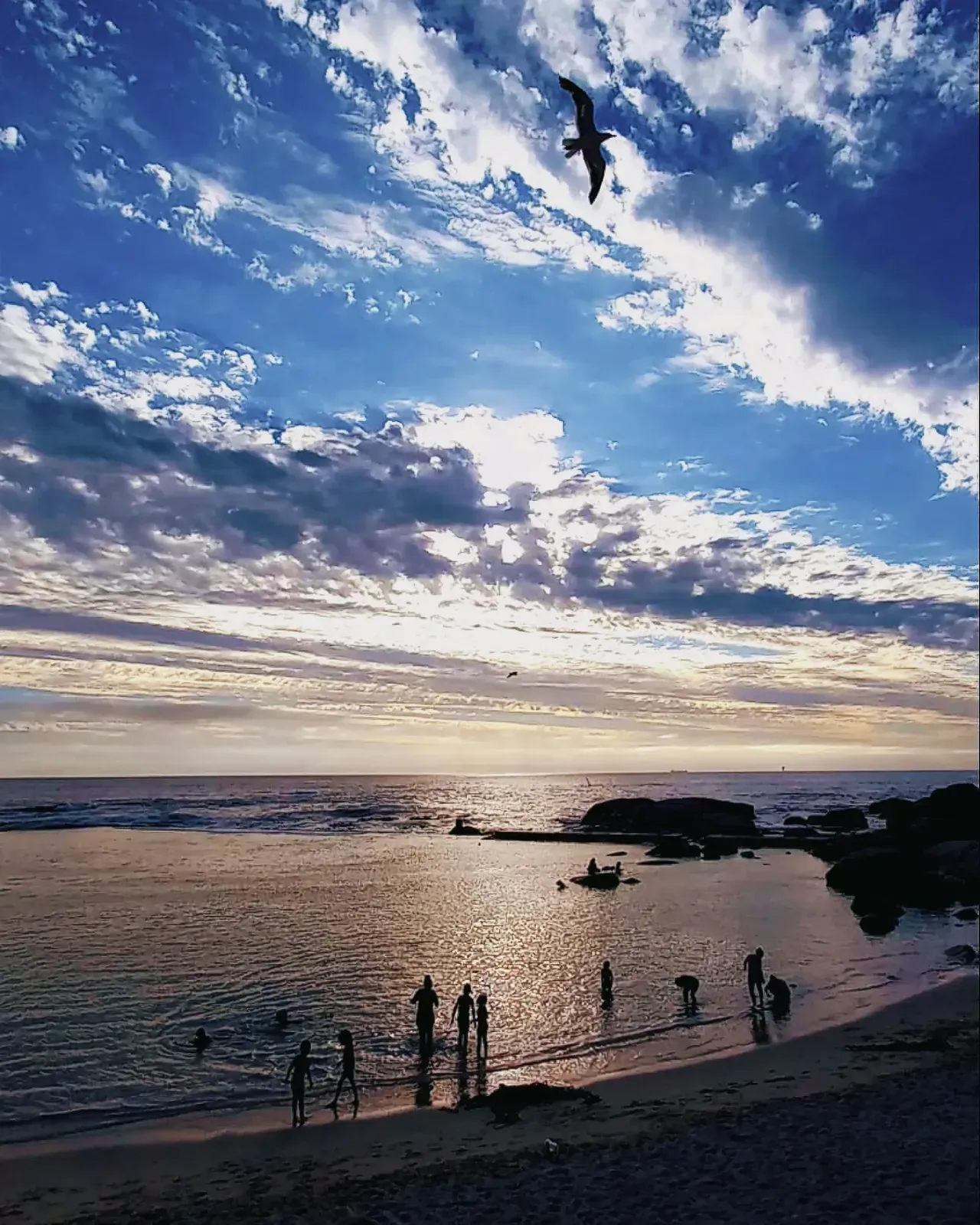
The restoration project will entail mechanical procedures to remove as much of the sand bank as feasibly possible and to restore the beach. This process requires lowering the water level in the pool. As a result, the facility will experience diminished water levels during this time, and it may take a day or two to refill to its full capacity, contingent on the tides and swell size following the restoration.
In a remarkable turn of events, the storm’s effect on marine life offers a unique chance for the City to carry out this restoration effort. The flood’s infusion of freshwater caused the demise of numerous sedentary marine species in the pool. Consequently, the remaining fish, mussels, starfish, whelks, and urchins can withstand the temporary reduction in water level with minimal disruption.
Embracing Resilience and Stewardship
Alderman Andrews reassures the community that the pool will completely refill within a day or two after the project’s completion, depending on the tides and swell size and direction. He expresses his appreciation for the public’s patience and collaboration during this critical period, as the City works diligently to rehabilitate the treasured Camps Bay tidal pool.
While the pool will not be entirely closed during this time, the City encourages individuals to visit one of its other facilities throughout the restoration process. Alternative options include Maidens Cove, Saunders Rocks, or Milton Pool, each with their distinct charm and appeal.




The restoration of Camps Bay tidal pool symbolizes the resilience of both the natural environment and the community that values it. Through this joint effort, the City, residents, and visitors unite to ensure the tidal pool’s practical and aesthetic significance endures for future generations.
As the restoration progresses, it is essential to recognize the importance of preserving Cape Town’s coastal natural beauty. The Camps Bay tidal pool has long been a prominent landmark, and its renewal will undoubtedly reaffirm its position as a cherished destination for relaxation and leisure.
The upcoming revitalization of Camps Bay tidal pool signifies a fresh chapter in the ongoing relationship between humans and their environment. This project exemplifies how, through careful intervention and responsible stewardship, we can preserve and even enhance the natural wonders that envelop us.
As we anticipate the rejuvenated Camps Bay tidal pool and the resurgence of its crystal-clear waters, let us also contemplate our obligation to safeguard and maintain these invaluable spaces. Ultimately, it is such endeavors that guarantee their enduring legacy and the continuous enjoyment of these natural treasures for generations to come.
1. When will the Camps Bay tidal pool restoration project commence?
The restoration project for the Camps Bay tidal pool will start on Monday, 23 October 2023.
2. What is the aim of the restoration project?
The initiative aims to repair the damage caused by a recent storm, including beach levelling and removing a sandbank.
3. Will there be any impact on the water levels during the restoration process?
The restoration process may result in diminished water levels for a day or two while the pool refills, but the City is committed to completing the project within a week.
4. How long will the restoration project take?
The City’s Coastal Management branch aims to complete the restoration project within a week.
5. What alternative facilities are available during the restoration process?
The City encourages individuals to visit one of its other facilities throughout the restoration process. Alternative options include Maidens Cove, Saunders Rocks, or Milton Pool.
6. What kind of marine life can be found in the tidal pool?
The tidal pool is home to fish, mussels, starfish, whelks, and urchins.
7. Will the restoration project have any impact on marine life?
The flood’s infusion of freshwater caused the demise of numerous sedentary marine species in the pool. Consequently, the remaining marine life can withstand the temporary reduction in water level with minimal disruption.
8. What does the restoration of the tidal pool symbolize?
The restoration of the tidal pool symbolizes the resilience of the natural environment and the community that values it.

